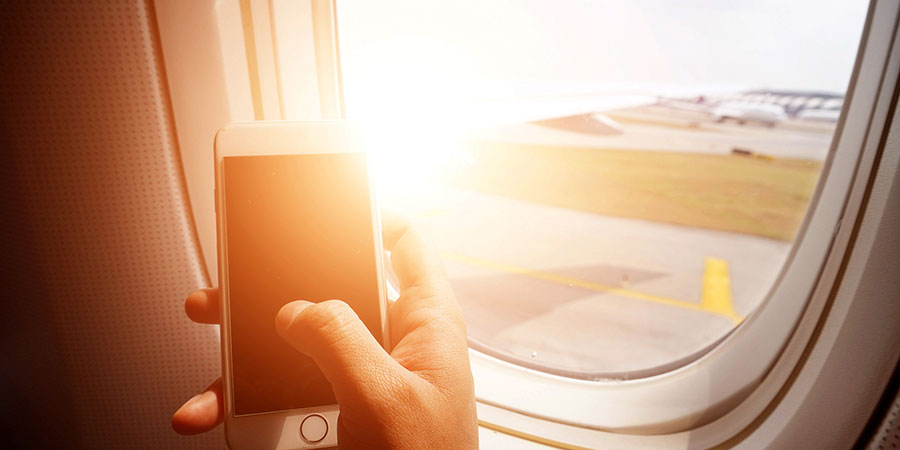Generation Z (Gen Z) are last-minute spenders when planning trips, presenting an opportunity for airlines to revolutionise inflight e-commerce and take revenue from elsewhere in the customer journey. New research from the London School of Economics and Political Science (LSE), commissioned by Inmarsat Aviation, suggests that by 2028, Gen Z passengers in Asia Pacific will spend an average of $30 on travel purchases while on their flight.
Generation Z is forecast to become the largest group of airline flyers globally within the next decade, with 1.2 billion flying each year by 2028. More than a third (37%) of this global cohort will be made up of APAC passengers. The LSE estimates that globally, this consumer group currently spends a collective $3.6 billion in items and services in the weeks leading up to a trip and upon arrival at their destination.
APAC Gen Z passengers are the least ‘cost-sensitive’ traveller group globally, and by 2028 are predicted to spend $4 more per passenger through infight e-commerce than the global Gen Z average of $26. The findings underscore a significant opportunity for airlines in the region to shift spending onboard and take a proportion of the revenue with an e-commerce model that supports the ‘last-minute’ approach of today’s ‘digital-first’ passengers.
The research analysed purchasing decisions made during three key phases of the customer journey before travel: more than a week before; in the days before; and upon arrival. It finds that Gen Z is the most likely of all generations globally to delay buying products and services for their trip until the days before they fly.
While currently only one in ten passengers make an inflight duty-free purchase when they fly, there is a significant opportunity for airlines to monetise the growing trend for last-minute spending. According to the LSE, 70% of Millennials and Gen Z passengers indicate that they would delay arrangements for their trip until their flight if they knew that a reliable Wi-Fi connection would be available, and the necessary delivery infrastructure was in place.
Dr Alexander Grous (B. Ec, MBA, M.Com, MA, PhD.), Department of Media and Communications (LSE) and author of the research, said, “Having grown up in a digital world with connectivity at their fingertips, more often than not Gen Z make last minute decisions when it comes to travel planning and preparation. This behavioural shift presents an exciting opportunity for airlines to strike innovative partnerships with global and local retailers that extend the possibilities of inflight spending.”
Philip Balaam, President, Inmarsat Aviation said, “If passengers reject traditional purchase channels in favour of inflight spending to the extent that this suggests in the next decade, the implications for airlines and retailers would be huge. We may be on the verge of a habitual shift in travel spending, much like the movement from offline to online purchasing witnessed on the ground in the last decade. In APAC, the opportunity is even greater – with every Gen Z passenger in the region predicted to spend $4 more on inflight holiday purchases than the rest of their generation each time they fly, there is a huge potential new revenue stream up for grabs.”
Dominic Walters, Vice President, Marketing Communications and Strategy, Inmarsat Aviation said, “Developing a connected infrastructure built for inflight spending will be a win-win for both airlines and passengers, bringing airlines the chance to take a slice of revenue currently spent elsewhere in the customer journey, and saving passengers valuable time before and after their flight. With airlines all over the world already ramping up their connectivity offerings, and a growing trend for last-minute spending in younger passenger groups, this is a revolution waiting to happen.”





